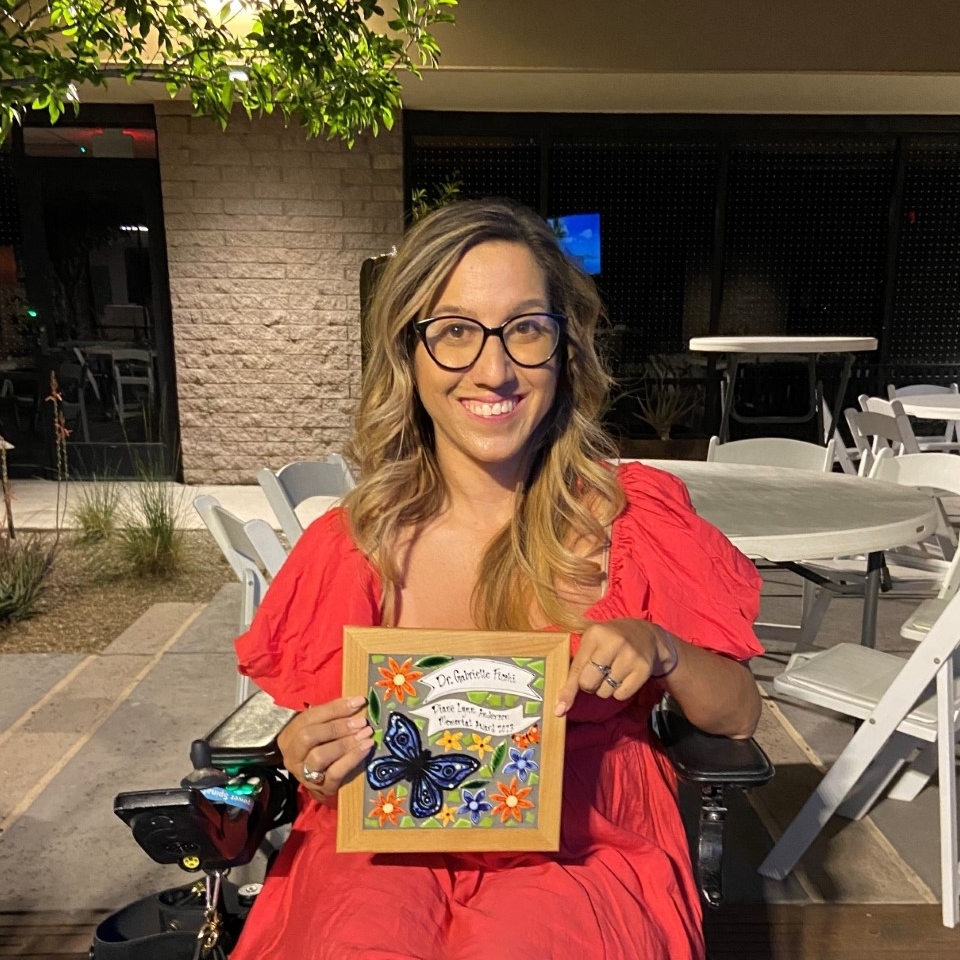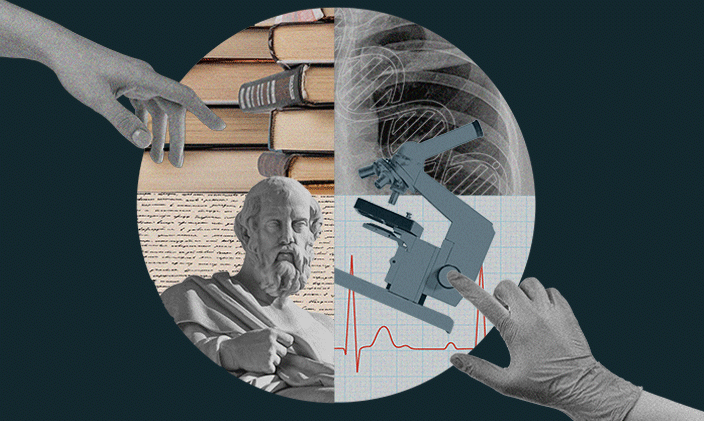Tis the Season to be Jolly? National Survey Finds Nearly Half of Americans Experience Seasonal Mental Health Issues
By University of Phoenix
Sadness, depression and anxiety common during the festive season, according to University of Phoenix College of Social Sciences survey
PHOENIX, Dec. 8, 2015 — Roughly two-thirds (66 percent) of U.S. adults say mental health is a very or extremely serious issue, and two-thirds (67 percent) of Americans cited personal experience dealing with mental health issues, according to a recent survey from University of Phoenix® College of Social Sciences among 1014 U.S. adults aged 18 or older. The survey, which examined the prevalence of mental health issues including seasonal sadness and depression, also found that nearly half (45 percent) of U.S. adults say they have experienced mental health issues such as sadness or depression around the fall and winter festive season.
“An overwhelming majority of Americans recognize that mental health is a serious issue and many have personal experiences with mental health issues, and those feelings often intensify during the festive time of year,” said Tammy Woody, Ed.D., dean of faculty for University of Phoenix College of Social Sciences. “Those prone to mental health issues such as depression or anxiety can be more vulnerable to seasonal triggers such as the financial and emotional stress that can accompany the festive time of year, which makes awareness and access to treatment critically important from November through January.”
Roughly 40 percent of those who have had these feelings cited personal grief (44 percent), loneliness (43 percent) or financial strain (38 percent) as the challenges that led to feelings of seasonal depression. And, when asked about their family and friends, two-in-five (41 percent) U.S. adults also say they’ve observed those closest to them experiencing sadness or depression, with 17 percent saying these feelings are strongest in December.
Family can be friend or foe
Spending time with loved ones can be therapeutic and nearly half of U.S. adults (47 percent) cite spending time with family and friends as a way to deal with sadness during the season. However, family and friends can also trigger feelings of sadness. Roughly a quarter each of U.S. adults say family (22 percent) or relationships (24 percent) are the issues for which they’d seek counseling.
“For many, having close friends or family is a key aspect of finding peace and happiness, but for others relationships can create stress,” continued Dr. Woody. “For those individuals, the expectations, excitement and joy during the festive season can add pressure and anxiety that can be compounded by feelings of loneliness, isolation, or missing loved ones.”
Keeping the holiday season festive
As the festive season approaches, Woody offers a few simple tips to help practice self-care to successfully surmount feeling of stress, sadness or depression during the season:
- Take Inventory. Acknowledge your feelings and realize it’s okay to express them. The holiday season doesn’t automatically do away with feelings of sadness. That’s why it is important to devote quality time for yourself to step back and take stock of how you feel.
- Stay Active. Keep your mind and body moving. Physical activity in any form can improve your sense of well-being and overall health. Activities like painting, sculpting, drawing, and photography are relaxing and rewarding hobbies that stimulate your mind and body.
- Try Something New. The holidays can be a reminder of painful memories of our past. While it’s important to reflect, celebrate today by incorporating a new tradition in your holiday plans this season.
- Share and Take Care. It’s okay to delegate and ask for help. This can be a great way to reduce stress surrounding holiday planning and tasks.
- Reach Out. Mental health professionals are trained to provide help for those in need. Speak up and don’t try to handle your challenges alone. It’s also equally as important to reach out to others who may be in need.
Reluctance to seek treatment and barriers to counseling remain
While almost half of U.S. adults (48 percent) say they would be likely to seek counseling for their friends and family around the festive time of year, only two-in-five (40 percent) would be likely to seek out counseling for themselves. Of the U.S. adults who have sought counseling, 42 percent have experienced barriers or obstacles to care.
Top barriers according to U.S. Adults:
- Financial limitations (68 percent)
- Uncertainty regarding effectiveness of counseling (32 percent)
- Access to health insurance coverage (32 percent)
- Social stigma (31 percent)
- Reluctance to face problems (29 percent)
“Recognizing financial limitations are barriers to counseling, the University of Phoenix College of Social Sciences runs counseling skills centers in markets across the country, which serve as educational training facilities that provide free mental health services to those seeking affordable care in the community,” said Constance St. Germain, Ed.D., executive dean for University of Phoenix College of Social Sciences. “The public also has an opportunity to help by educating themselves on the resources available in their community and coaching their loved ones who might need professional support to overcome any barriers to care and get the resources they need to manage their mental health and enjoy this celebratory season.”
Methodology
The 2015 survey was conducted online within the United States by Harris Poll on behalf of University of Phoenix September 28-October 8, 2015, among 1,014 U.S. adults ages 18 and older. For complete survey methodology, including weighting variables, please contact Jennifer.Marshall@apollo.edu.
About University of Phoenix® College of Social Sciences
University of Phoenix College of Social Sciences offers programs in human services, psychology and counseling. The college’s curriculum seeks to empower individuals who wish to enhance their skills for career entry or advancement in the helping professions. Curriculum is regularly updated to meet accreditation and/or national and state professional standards. University of Phoenix College of Social Sciences faculty members are experienced professionals, holding advanced degrees. Many sit on state licensure and accreditation boards as well as professional committees. For more information, visit www.phoenix.edu/socialsciences.
About University of Phoenix
University of Phoenix is constantly innovating to help working adults move efficiently from education to careers in a rapidly changing world. Flexible schedules, relevant and engaging courses, and interactive learning can help students more effectively pursue career and personal aspirations while balancing their busy lives. As a subsidiary of Apollo Education Group, Inc. (Nasdaq: APOL), University of Phoenix serves a diverse student population, offering associate, bachelor’s, master’s and doctoral degree programs from campuses and learning centers across the U.S. as well as online throughout the world. For more information, visit www.phoenix.edu.


